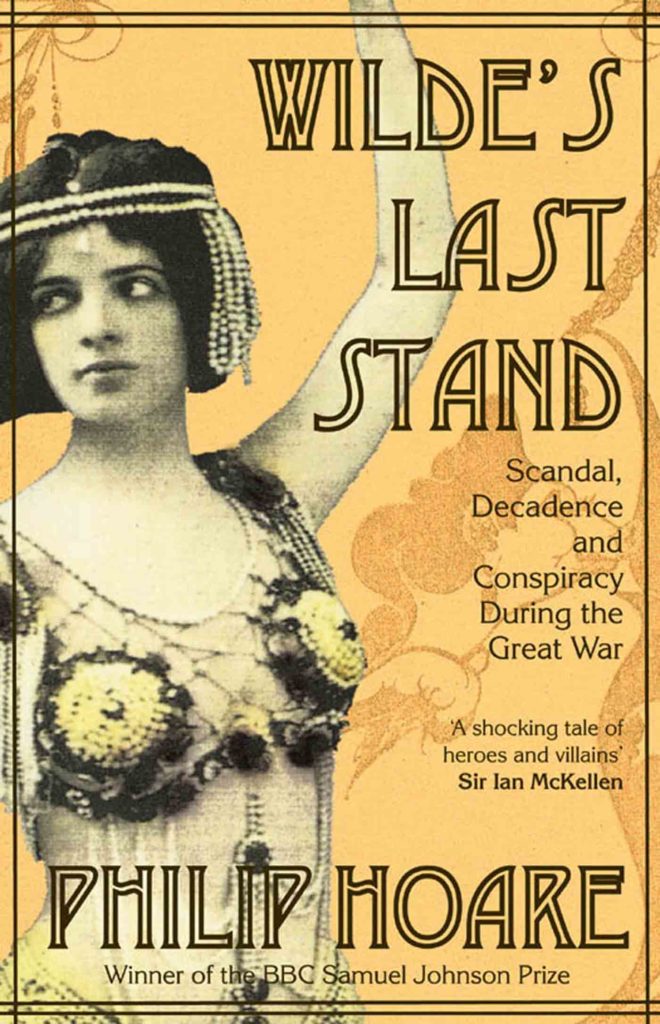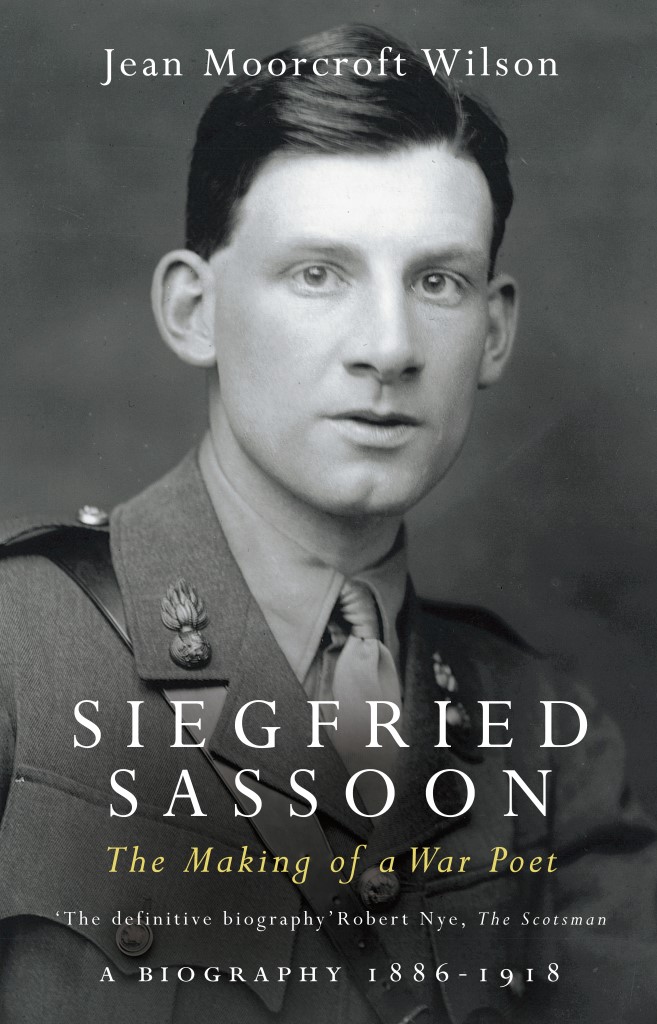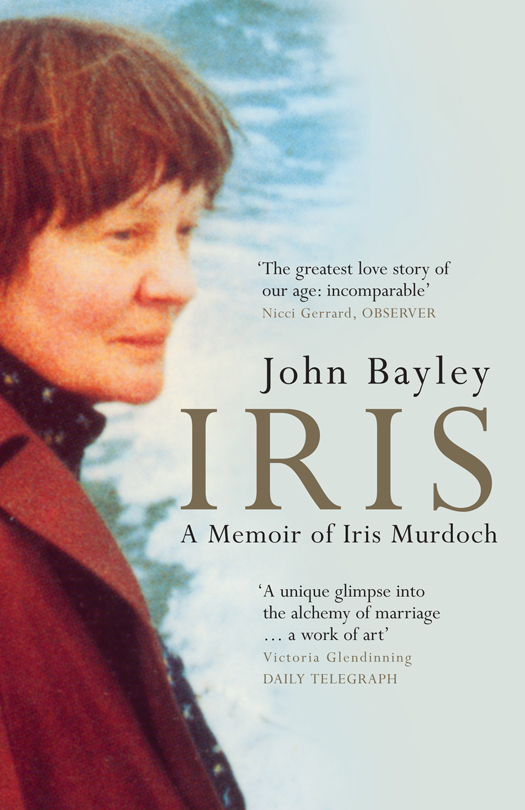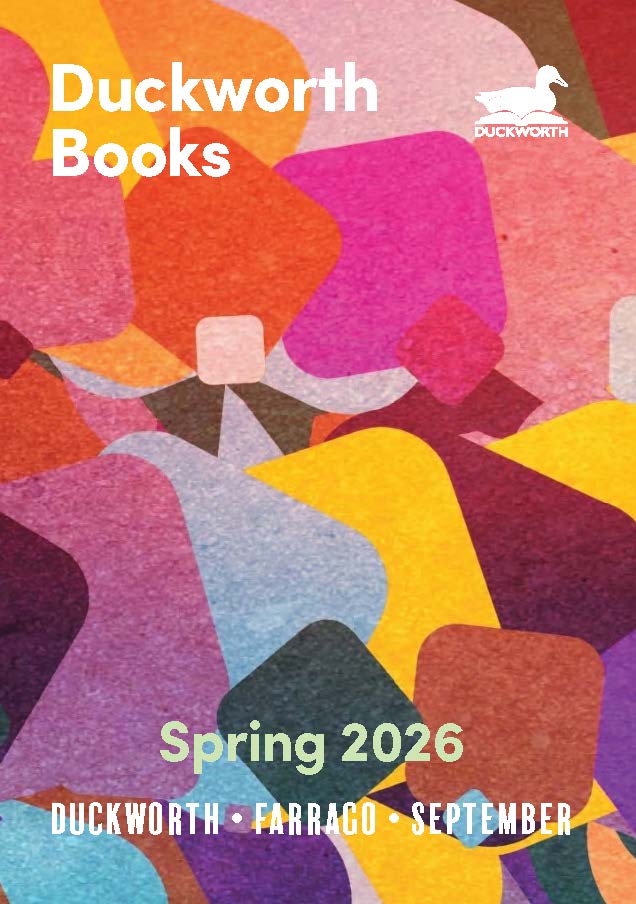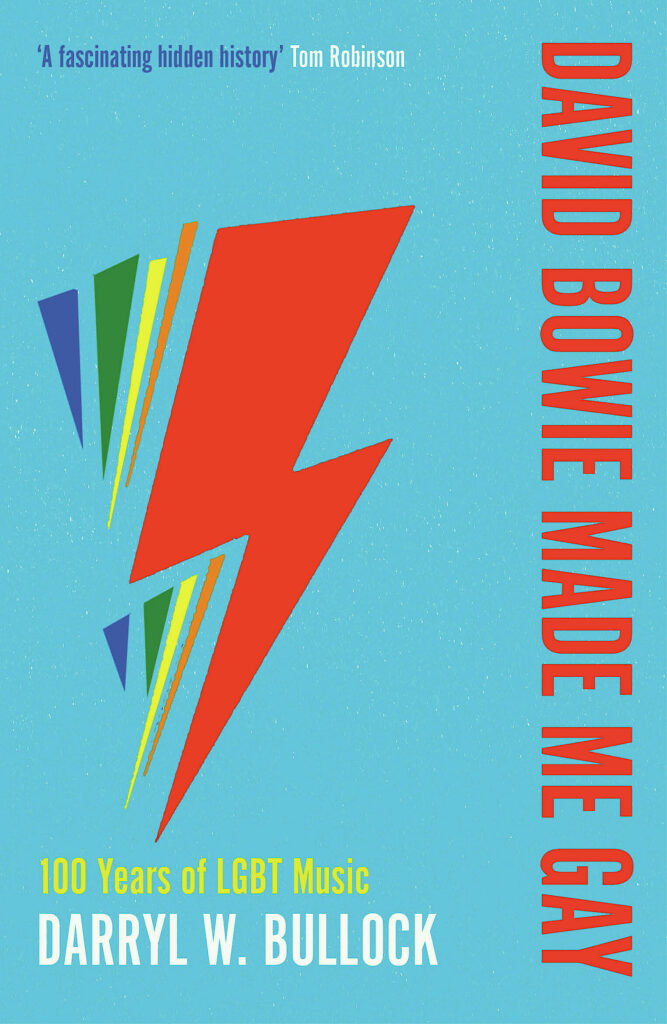
‘Lovingly detailed and exhaustively researched – easily the most readable and comprehensive guide I’ve seen to this fascinating hidden history’ Tom Robinson, musician, broadcaster and long-time LGBT rights activist
From Sia to Elton John, Dusty Springfield to Little Richard, LGBT voices have changed the course of modern music. But in a world before they gained understanding and a place in the mainstream, how did the queer musicians of yesteryear fight to build foundations for those who came after?
Pulling back the curtain on the colourful world that shaped our musical and cultural landscape, Darryl W. Bullock reveals the inspiring and often heartbreaking stories of internationally renowned stars, as well as lesser-known names, who have led the revolution from all corners of the globe. David Bowie Made Me Gay is a treasure trove of moving and provocative stories that emphasise the right to be heard and the need to keep up the fight for equality in the spotlight.
